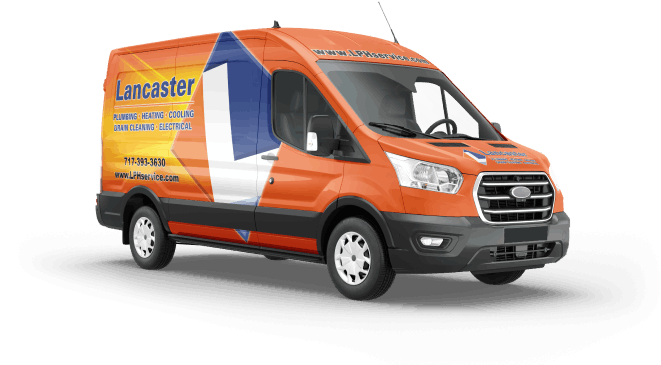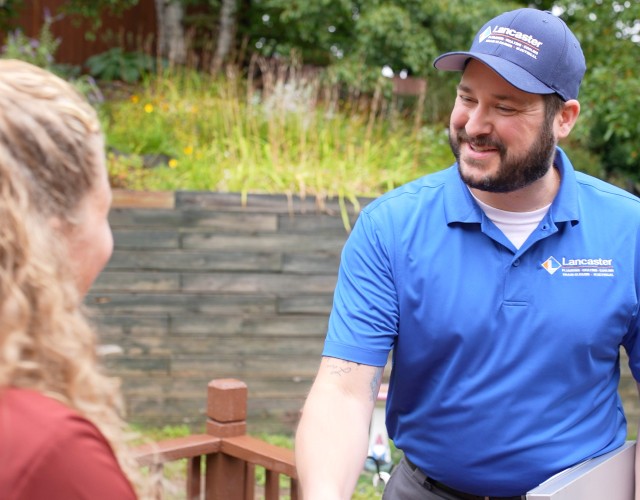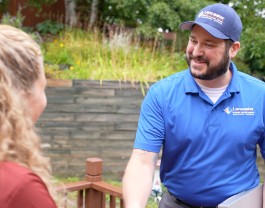What is an Overloaded Circuit?
You’re in the bathroom after a shower and it’s time to get ready for the day. The lights are on, your phone charger is plugged in, you’re blow drying your hair, and someone in the next room turns on the iron. All of a sudden nothing works because the power just went out. This is due to an overloaded circuit.
What is a Circuit?
A house is comprised of many different electrical circuits that are all controlled under the circuit breaker. Each electrical outlet in a house is connected to a circuit. Many different outlets can be connected to a single circuit, even multiple rooms.
When there are multiple outlets connected to a single circuit, the chances of overloading that circuit increases. Some outlets can be on their own circuits, like the outlet behind the refrigerator, because some outlets will be drawing a large amount of electricity. If there are multiple rooms on one circuit then the chances of an overload significantly increase.
Common Examples of Overloading a Circuit:
- Using multiple power strips and extension cords to plug in many different devices.
- Using multiple smaller appliances like irons and hair dryers. This is because these appliances require high amounts of electricity to produce the heat they give off.
- Not having enough circuits in your home can cause them to overload more frequently.
How to Fix This Issue:
- If something doesn’t need to be plugged in when you’re not using it then unplug it.
- Familiarize yourself with the different circuits in your home. Plan out which devices should be plugged into which outlets.
- Try not to use outlets and circuits where larger or more powerful appliances are plugged into.
- Consider hiring an electrician to rewire your home to allow for more circuits.
Knowing why a circuit will overload can help you prevent from doing just that. Overloading a circuit will require you to reset your circuit breaker, as long as no damage has been done. If you need to have your circuit breaker looked at by a professional, contact the experts at LPH Service. To learn more about our electrical services, or to schedule a service, give us a call (717) 207-8198.



